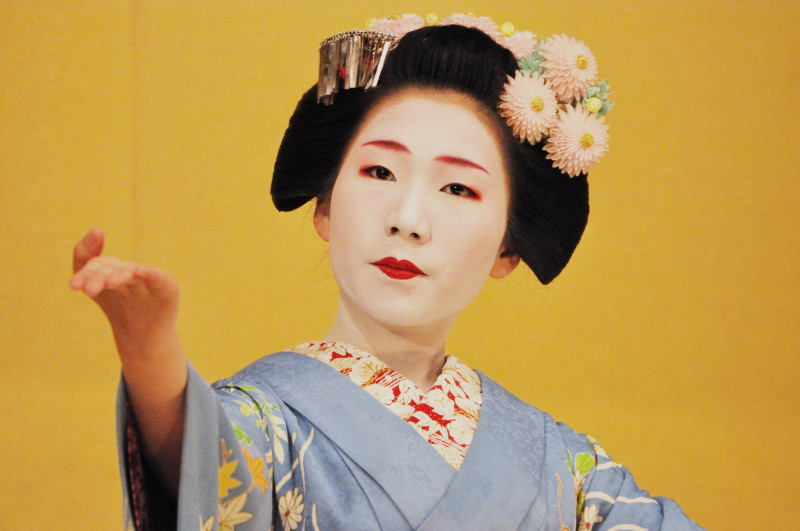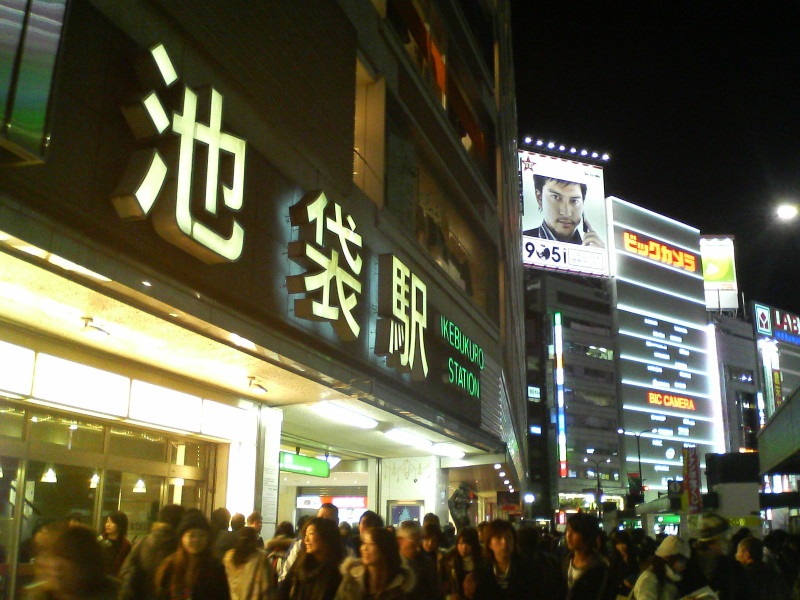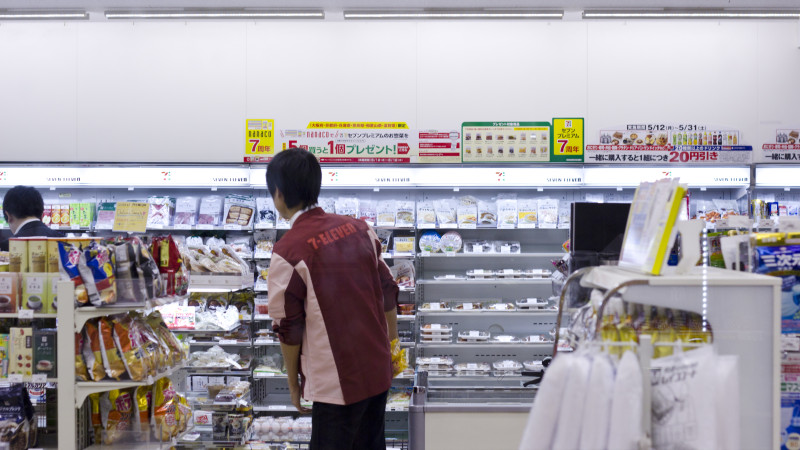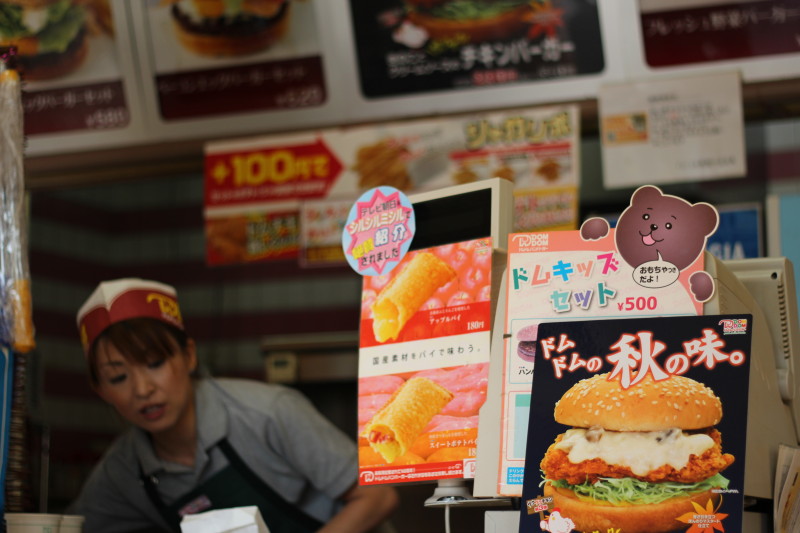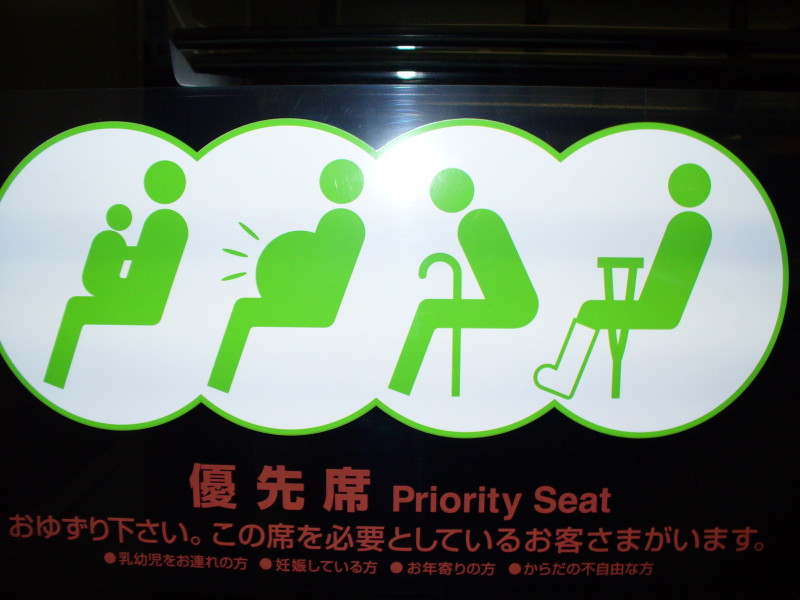Every tourist thinks about communication before going to another country. “Will I be able to make myself understood” “Do they speak English there?” Well, if you are going to Japan, you won’t have to worry too much. Most young people are able to speak English. But as you won’t be running only into young people, it really doesn’t hurt learning a few words and phrases that could help you in different situations.
1. Arigatou gozaimasu
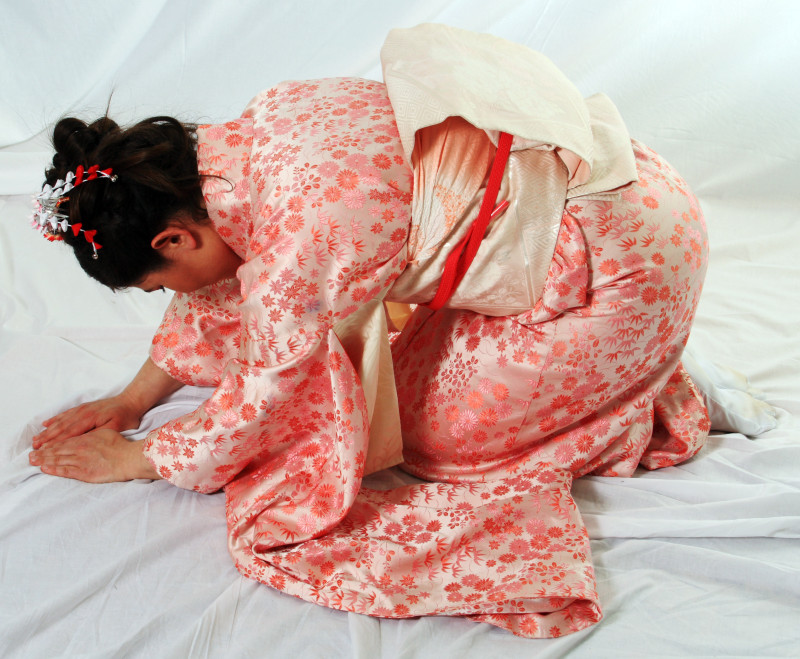
Source: Frank Kovalcheck
Pronunciation: arigatoo gozaimas
“Arigatou gozaimasu” means “thank you”. Japanese people are very polite and always thank each others, even for small gestures. And believe me, many people will give you reasons to thank them. You will be impressed to see how nice and helpful the Japanese are. You will be saying this a lot!
2. Konnichiwa
Pronunciation: kon-nichi-wa
“Konnichiwa” means “good day” or “hello”. It is normally used in the afternoon because there are other words for the morning (ohayou gozaimasu) and the evening (konbanwa), but you don’t necessarily have to learn all.
3. Sumimasen
Pronunciation: sumimasen
“Sumimasen” means “sorry” or “excuse me”. You can of course use it when you accidentally hit a person on the street or when you need someone to step aside, but also when you want to catch someone’s attention. For example, when you want to call the waiter or when you randomly stop somebody to ask for directions.
4. ~wa doko desu ka
Pronunciation: ua doko des ka
“~wa doko desu ka?” means “where is ~insert place here”. This is an essential phrase when you can’t find a place. You will be often in search for train stations in Japan, so another useful word you could learn with it is “eki”, which means train station. “Eki wa doko desu ka” – “Where is the train station?”
5. Michi ni mayotte imasu
Pronunciation: michi ni mayot-te imas
“Michi ni mayotte imasu” means “I’m lost”. Now you know everything you need to start a conversation when you are lost. “Sumimasen, michi ni mayotte imasu. Eki wa doko desu ka” – “Excuse me, I’m lost. Where is the train station?”
6. Kore kudasai
Pronunciation: kore kudasai
“Kore kudasai” means “please give me this”. It is used while shopping, when you want to show the vendor which product you’d like to buy. Just point at what you want and say “kore kudasai”. Also, it would be useful to learn what to say when you want more than just one of the same product:
“Hitotsu” – one
“Futatsu” – two
“Mittsu” – three
“Yottsu” – four
“Itsutsu” – five
For example, you want to buy three oranges. Point at the oranges and say “kore, mittsu kudasai”.
7. Hai and iie
Pronunciation: hai, iie
“Hai” means “yes” while “iie” means “no”.These two words will be very useful because you will be asked a lot of simple questions during your travel that can be answered with yes or no.
8. Fukuro wa irimasu ka
Pronunciation: fukuro ua irimas ka
When at the cashier, at most supermarkets and convenience stores you will be asked “fukuro wa irimasu ka”, which means “do you need a plastic bag?”. You can reply with the previously learned “hai” or “iie”.
9. Atatamemasu ka
Pronunciation: atatamemas ka
Another thing you will hear in stores when buying food. “Atatamemasu ka” means “do you want your meal microwaved?” You will mostly hear this in convenience stores, since at supermarkets you can warm the food yourself at microawawes placed after the cashier.
10. Hashi
Pronunciation: hashi
“Hashi” means “chopsticks”. An useful word at supermarkets or restaurants. Combined with other phrases learned in this article, you can say “hashi wo kudasai” – “please give me chopsticks”.
11. Mochikaeri
Pronunciation: mochikaeri
Another very useful word you will often hear. “Mochikaeri” means “take out”. You will be asked this as some shops where you can either dine inside the store or take your food home. You can also say “mochikaeri” directly after placing your order.
12. Otearai
Pronunciation: otearai
“Otearai” is the word for “restroom”. Restrooms in Japan are literally everywhere: in train stations, malls, convenience stores, and even on the street. But it might be tricky to find one sometimes so you can ask “oterarai wa doko desu ka” – “where is the restroom?”
13. Douzo
Pronunciation: doozo
“Douzo” means “please”, but not the “please” you mean when you ask for something. It is used when you are offering something. For example if you give an object to someone, if you let someone enter a room before you or if you offer your seat in the train to another person, kindly say “douzo”.
14. Kore wa ikura desu ka
Pronunciation: kore ua ikura des ka
“Kore wa ikura desu ka” is the phrase for “how much does this cost?” But if you ask in Japanese you will most likely get an answer in Japanese numbers, or you might not understand even the answer in English (the Japanese tend to change the English words so they can pronounce them easier), so you could next say “kaite kudasai”, which means “please write it down”.
15. Osusume wa nan desu ka
Pronunciation: osusume ua nan des ka
“Osusume wa nan desu ka” is used when you are in a restaurant and want to say “please tell me your recommendation”. Next you can say “misete kudasai” – “please show me” and point at the menu so the waiter can show you the recommended dish. As you can see, with just a few words combinations you can express a lot of useful things in Japanese. These phrases will definitely make your travel easier and will help you immerse even more in the Japanese culture!
Have a good trip and travel!

